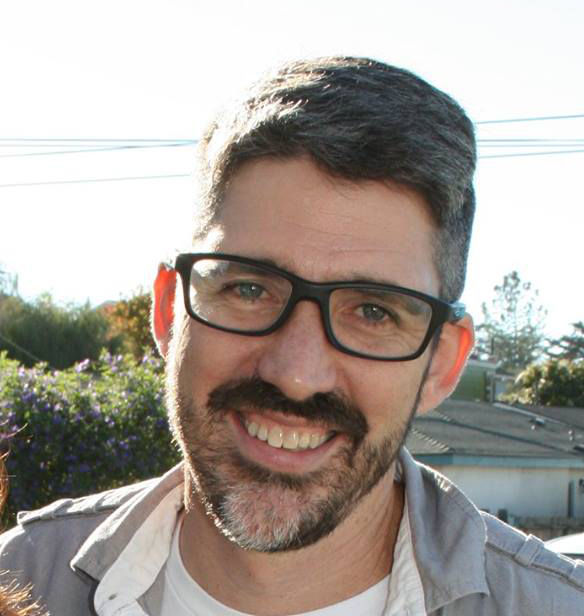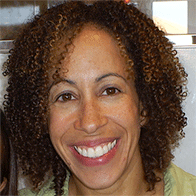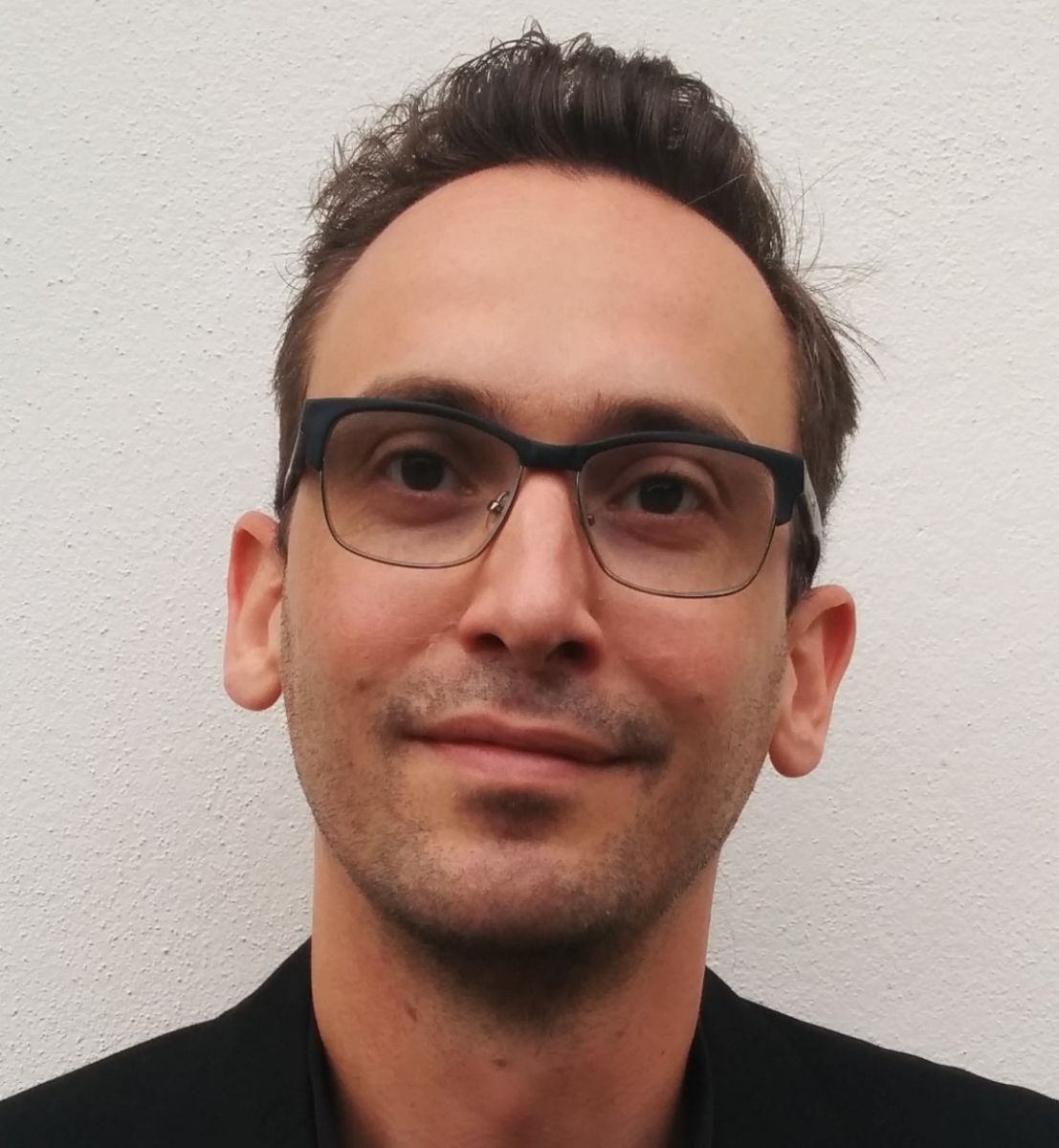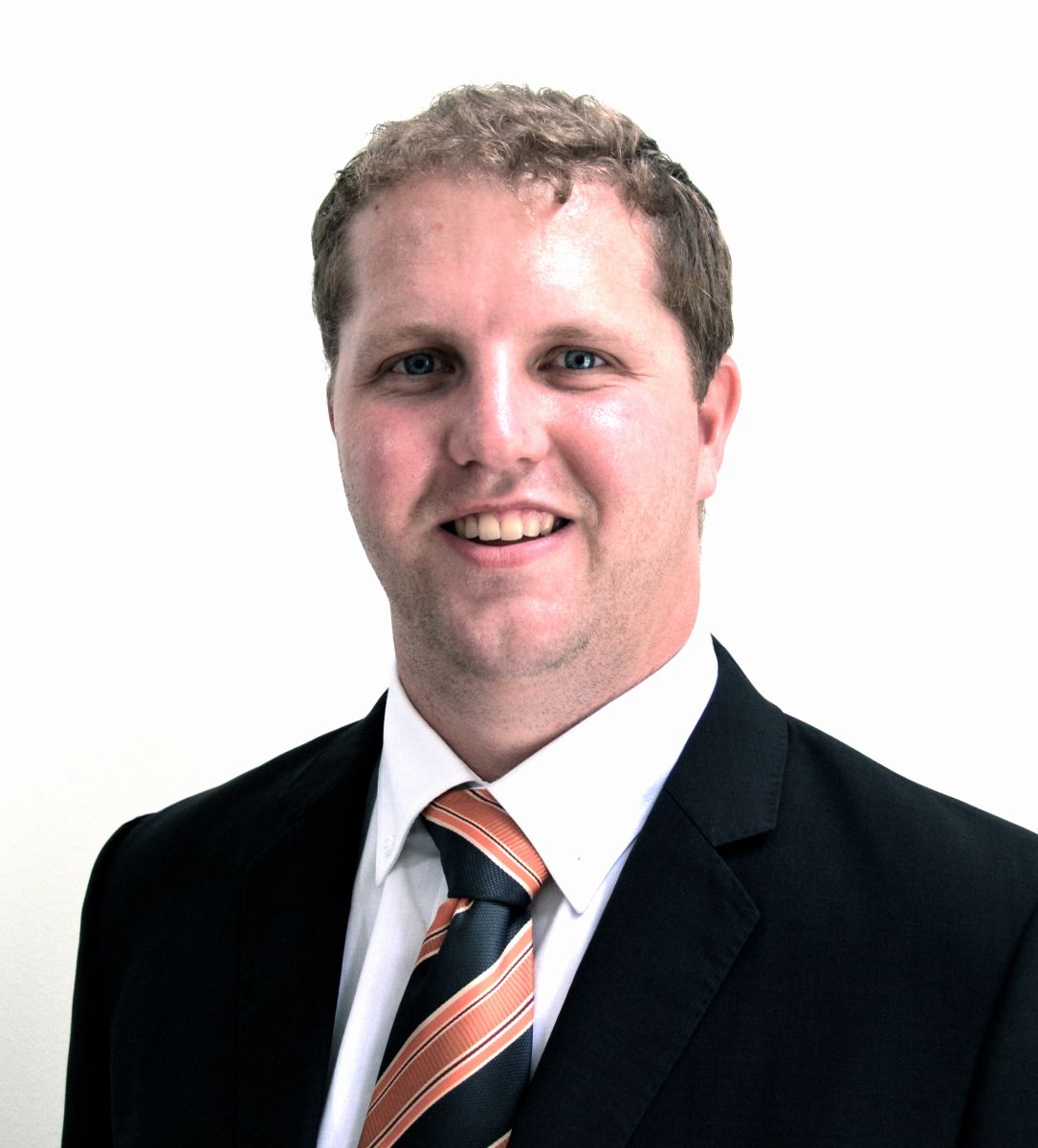In 2017, we made progress on several fronts. We welcomed almost 200 new members, and consortia in Canada, South Africa, and Norway. We grew to over four million users, improved our Registry user interface, and undertook a major update of our training resources. We nurtured working groups on ORCID in Books, User Facilities, and Organization Identifiers. And as always, we released new features and were integrated into many more workflows, making life just that much better for researchers.
I thought it would be fun to hear the highlights from the Directors themselves!
 Technology: Rob Peters
Technology: Rob Peters
Looking back over 2017 and picking out our favorite/most important tech projects is harder than you think!
Our seven developers completed over 40 new projects.
- Pushed out our 2.0 API. This marked a major shift from the original monolithic API designs to one that better reflects scalable RESTful designs
- Share-my-id.orcid.org. An out-of-bandwidth project that helped shift how we think about supporting community needs. It provides a lightweight way of collecting Authenticated ORCID iDs and a first step toward tools we are planning in 2018
- A quick, unplanned and under-pressure migration to a whole new CDN architecture to provide better international service, after our old CDN was blocked in a country that represents a major portion of researchers
- It’s important keep up with best practices. That necessitated switching the canonical form of the ORCID identifier to a secure protocol and implementing OpenID Connect.
- Of course some improvements are behind the scenes. In 2017 we implemented backend message queues to help us keep up with changes to the over four million records and 35 million items in the Registry. This also helped streamline processing of our annual public dump and enabled us to provide on demand data for our premium members
 Strategic Initiatives: Laura Paglione
Strategic Initiatives: Laura Paglione
Our strategic initiatives work centers on preparing for the future, and ensuring that we are making impactful progress toward our mission with our current work.
- During 2017, we embarked on a strategic planning process that will help guide our work over the next several years. Using a process called Scenario Planning, we envisioned four versions of how the research ecosystem may look 20 years from now, and considered the steps we should take today to prepare for any one of them. More details in a future blog post
- In the last half of the year we worked to increase research institution engagement with ORCID, particularly in connecting affiliations to ORCID records. This work concentrated on adding new memberships from US-based research institutions, increasing the prevalence of research institutions asserting affiliations (earning Connect badges), and several updates to affiliations in the ORCID record, and to the resources that we provide
- Early in the year, we completed work with the ORCID REFEDS working group to develop and release a comprehensive set of recommendations on ORCID use in the Federated Identity Management (FIM) community. The group published the recommendations as a report as part of the TNC17 proceedings
 Partnerships: Josh Brown
Partnerships: Josh Brown
ORCID is a community-led organization — our users, members, and other partners are at the center of everything we do . These partnerships enable us to support identifier adoption, integration, and innovation globally while remaining a small, lean organization.Highlights from our first year with a dedicated partnerships role include:
- We have worked to develop and embed a more strategic approach to partnerships in every team across ORCID, with a focus on organizations that share common principles with ORCID and are really aligned with our vision; strategic partnerships which help us to leverage and energise our global community; and tactical partnerships, where we can work together to deliver a really clearly defined goal. We are now building a framework to help us to understand and support truly effective partnerships
- Over the last five years, we have been privileged to work with a truly superb group of volunteers from across the research world: our ambassador network. They have helped us to scale dramatically, and to become truly embedded in the community. Going forward, we are moving to a region- and sector-based community of practice approach, driven by our network of partners and consortia, so we have decided to wind up our formal ambassador program at the end of 2017. On behalf of everyone at ORCID, I’d like to offer a HUGE thank you to all our ambassadors, past and present,. We look forward to working with you in the future – stay in touch!
- This year, we have been talking to research funding organizations, to better understand their needs. Funders collect a huge amount of information, and can make great use of identifiers to improve that data and make it easier for researchers and administrators. We hope you find our new suite of resources for funders and their system providers useful
- We’ve also worked with a global group of funders to develop and launch the ORCID Reducing Burden and Improving Transparency (ORBIT) project, which aims to make it easier to share information, using open, trusted identifiers to automate and simplify the process of collecting and providing information. The project represents a real chance to improve the openness, reliability and interoperability of research information. Watch this space for more information in 2018
.jpg) Operations: Sarah Hersberger
Operations: Sarah Hersberger
Much of what my team does – HR, finance, and operations – is internally facing, but has a critical impact on how ORCID is able to deliver its services.
- We welcomed new staff in Germany, Hungary, the US, Brazil, and China. We now have 30 employees in 11 countries and collectively we speak nine languages!
- Another big thank you to the Leona M. and Harry B. Helmsley Charitable Trust — we are in the middle of a generous 18-month $1.84m grant that was awarded in October 2016.
- We were awarded a $50,050 contract from the US National Institutes of Health (NIH) for our ORCID Reducing Burden and Improving Transparency (ORBIT) project and $19,900 from the Alfred P. Sloan Foundation to support travel expenses related to strategic planning at ORCID. Thank you to both organizations for your support!
- We launched our own repository – which helps us deliver resources (with DOIs!) to you, including working group reports and our new training resources. Since its launch this past summer, we have published over 100 records, have over 24K views, nearly 9K downloads and have reached more than 25 countries
- We completed another successful TrustArc (formerly TRUSTe) privacy audit
- We are in the middle of our Board of Directors election process for the group whose three-year term starts in 2018. This year we received 20 applications to join the ORCID Board of Directors, including eight applications for the new second researcher Board position. More information about the 2018 elections can be found at https://orcid.org/content/2018-board-slate
 Membership: Matt Buys
Membership: Matt Buys
Membership is how we sustain the ORCID Registry. Our members provide insight into local research policy, they integrate ORCID iDs into information systems, they govern the organization, and our consortia help us scale globally.
- During 2017, 192 members joined ORCID, including new consortia in Brazil, Canada, South Africa, Norway, and a funder consortium in the US
- Going into 2018, ORCID is looking at supporting more than 1,000 member organizations. We launched an Internal dashboard to track membership growth, updated our consortium policy and member agreements, and are working with Rob’s team to test member self-management service options and automating processes. To establish a firm foundation for future growth, we formed cross-regional teams and coordinated regional engagement strategies
- Our team hosted 15 open workshops in all regions, where we were able to listen to our community and better understand what you need from ORCID
- Our largest member sector is research institutions. To ensure that this sector is growing sustainably, we worked with Alice’s team to revise our advice and documentation and rolled out the Institutional Connect program as a major strategic initiative
.jpg) Community: Alice Meadows
Community: Alice Meadows
The community team is responsible for bringing together the why (communications and marketing for ORCID) with the what and the how (member and user support) through community support, engagement, training, and outreach activities.
- We continued to spread the word about our Collect and Connect program, and have now reviewed over 200 member integrations and awarded badges to more than 40 integrations that meet our best practices. Look out for a blog post on our 2017 achievements early next year!
- To coincide with our fifth anniversary in October, we launched a suite of new training and outreach materials, including videos and a communications plan and resources, as well as fully updating our KnowledgeBase articles for users. More resources to follow in 2018
- Working with Josh and Matt respectively, we’ve created new web pages and resources for funders, research institutions, and consortia, to better support those communities as they adopt and implement ORCID in their workflows
- Together with Rob’s team, we’ve worked to improve the ORCID UI and make it easier for users to manage their records, including deprecating their own duplicate records, enabling easy printing of records, and improving the OAuth screen
